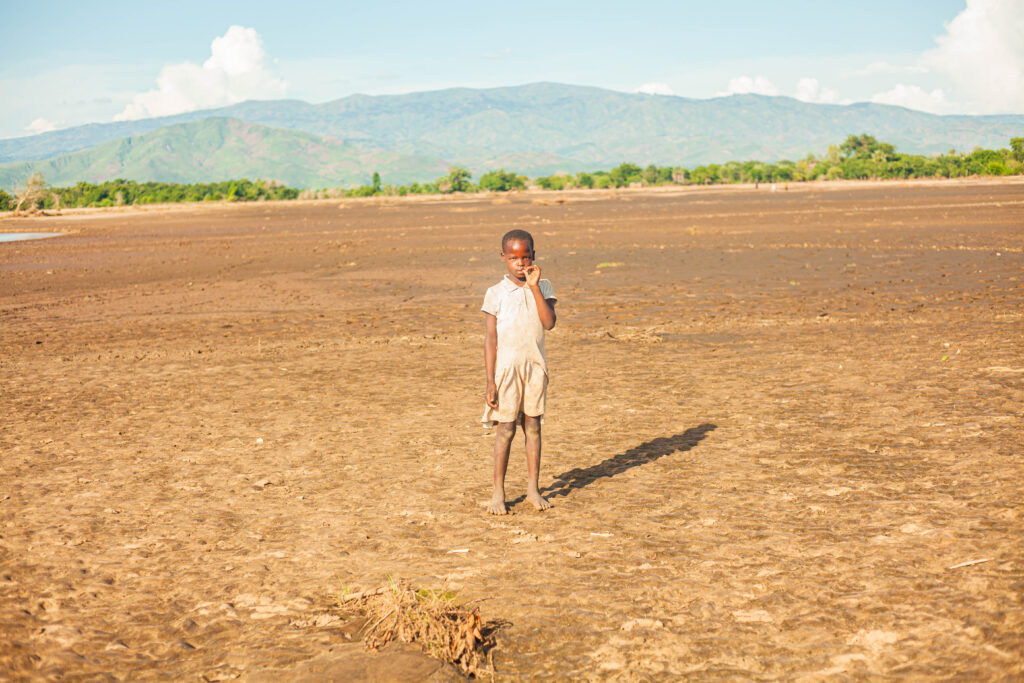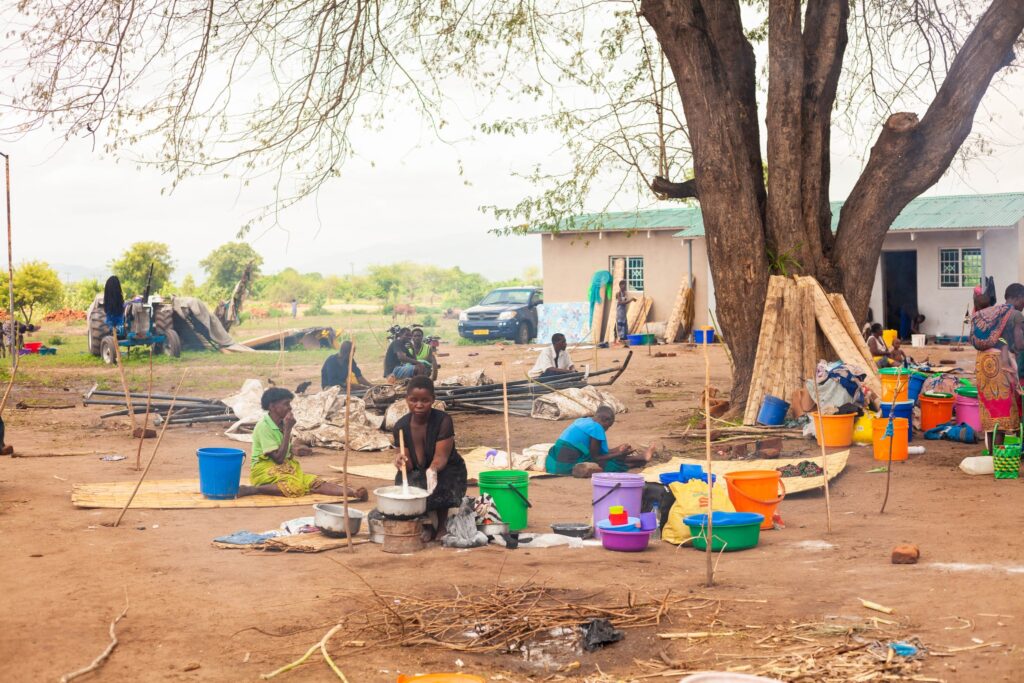By Charles Kabena

Today marks 32 years since the world started commemorating World International Disaster Risk Reduction Day. Ever since, there has been progress in efforts and resources channeled towards disaster mitigation and response activities. However, one key sector where disasters continue to cause havoc is food security.
Nearly four million Malawians are in danger of going hungry nine months after Tropical Cyclone Anna hit the country and undermined several efforts towards achieving Sustainable Development Goal 2: Zero Hunger in the nation.
Globally, around 40 million people are in hunger crisis, while 230 million are on the verge of poverty induced by hunger; the horn of Africa being much more vulnerable comparatively. What is sad however, is that most developing countries have little to zero financial resources directly budgeted for social protection systems and initiatives.
Coming closer to home, climate shocks in Malawi primarily resulting from flooding and dry spells caused below average crop production in the past year. This compounded with rising prices of goods and commodities attributed to the impact of COVID-19 and Ukraine-Russia conflict has worsened the plight of common Malawians. And the story doesn’t end there for the poor Malawian. The 25% devaluation of the Malawi Kwacha; increased farm input prices; low purchasing power of Malawi kwacha; and the ongoing high food inflation leading to high food prices; have brought Malawi where we are now.
Unfortunately, food insecurity is not new in Malawi – this is a recurrent episode. Between the worst flood in 50 years in 2015 (La Nina induced) and the strongest drought (El Nino induced) event in 35 years in 2016, 6.7 million people (or 39% of Malawi’s population) required food aid. In between, there have been incidents of food shortages that have equally been served by timely food aid responses by International organizations and other players.

Malawi is, to put it simply, almost helpless against natural disasters. Many households experience food insecurity. While in the past this occurred frequently in rural areas, the trajectory of hunger is altering as hunger can be visibly observed to be creeping in urban locations. Efforts towards hunger reduction in the face of disasters and climate change need to be therefore well planned, coordinated and timely if no one is left behind in our quest for a food secure- Nation.
But what is food security to a common Malawian?
In some countries, Food or promises of food security can usher political parties into power -and can also drive governments out of power. Even though a response to the food security question may vary from one household to the other, there are defined terms that duty bearers can be accountable to in order to claim Malawi is food secure. And thus food security can only be achieved if 18 million plus Malawians are able to obtain an acceptable level of food intake and sustain this level at a low risk.
This year, the international day of disaster risk reduction is being celebrated under the theme; ‘Early warning and early action for all’. Two days from today, Malawi will join the rest of the world in celebrating World Food Day under the theme, ‘Leave no one behind: Better production, better nutrition, a better environment, and a better life’.
These two themes highlight the significance of cooperation and deepened partnership across several Government sector NGOs and Development partners in fostering resilient and sustainable agri-food systems in the face of climate-induced disasters. Without fixing the food system as a whole Malawi is bound to remain food insecure. And so, the poor masses, including children, will remain condemned.
To achieve a status where No one is left behind, better food production, a better environment and a better life, development efforts and initiatives both from the Government and its partners need to address not just the hunger today but an approach to addressing underlying structural causes of food insecurity in the face of climate change needs to be embraced.

As we plan in that office and implement in that community- can we confidently conclude we are addressing food insecurity in the long term? If a similar cyclone like Tropical Storm Anna was to hit that community, we are implementing programs in- Would that community be resilient and meet their food needs in the next 10 years without external support?
Three million people this year require food assistance – a reactionary approach to the 3 million starving individuals in our country is definitely in the works.
We need to continuously have heart to heart conversations around how much of the Malawi annual budget is allocated towards preparedness and mitigation.
Are we only coming together to commemorate Disaster Risk Reduction and World Food Days? Or can we make this our watershed for sustained engagement, going forward? or Should we wait until another cyclone submerges half of Malawi’s crop fields?
Charles is passionate about food security because of its ripple effect in fighting poverty and propelling other development goals. He has also done academic research on media coverage of disasters and climate change in Southern Africa.


